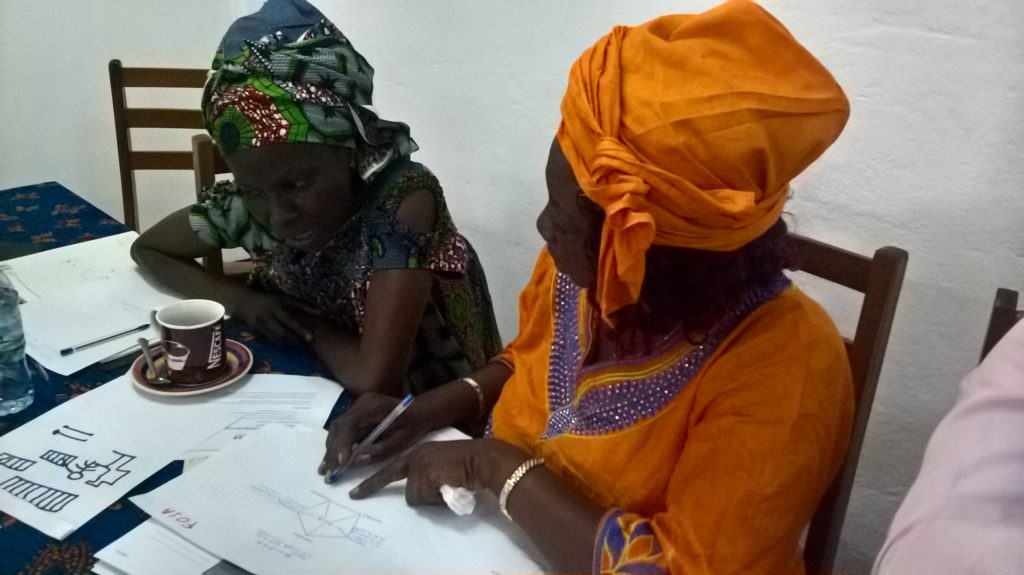Complementary knowledge: ‘as local as possible and as international as necessary’
The humanitarian knowledge of national organizations is based in particular on another understanding of social interactions and formal and informal leadership within communities, means of building trust with the various stakeholders and specific humanitarian know-how in development. and contextualized implementation of projects.
Their decisions to act are based primarily on the faith in the experience and capabilities of the organization and its staff, rather than on a “strict” international protocol. Their cultural knowledge is a key to success in such cases. They can promote rapprochement between communities, civil society actors and national and international humanitarian actors, playing the role of catalysts, “cultural translators” and facilitators.
The humanitarian knowledge of national organizations is based on another understanding of social interactions and formal and informal leadership within communities, means of building trust and specific humanitarian know-how in development
This local knowledge allows better access to communities, while mitigating operational risks, without falling into “remote management” which simply transfers risks from international partners to nationals. The contribution of their knowledge is found in their relationships with all local stakeholders sensitive to culture such as the traditional respect for formal and informal local authorities and their understanding of the unsaid of deep culture. Their understanding of the needs of the community, which is more refined, nuanced and culturally sensitive, can guarantee that programs adapted to the culture and the context are designed and implemented.
Collaboration with local associations is more than “remote management” which simply transfers risks from international partners to nationals.
Their proximity as “sons of the country” creates a feeling of trust, contributes to functional and operational humanitarian expertise and complements existing knowledge of the international humanitarian sector. They offer another way of dealing with humanitarian programs based much more on social interactions than on distributions, and seek long-term impacts that go far beyond emergency operations. This means directly involving local organizations, promoting their ownership and strengthening social cohesion within and between these communities.
Existing knowledge and experiences should be systematically mapped and capitalized through contextualized proximity support and action research, in particular with regard to local responses, preparedness and resilience. This will identify and systematize national expertise in a flexible and creative way.
National organisations offer another way of dealing with humanitarian programs based much more on social interactions, and seek long-term impacts.
Also national organizations have the responsibility to create an internal culture of change and a space to reflect on their own practices and knowledge. They should also actively advocate for the recognition of their experience and contribute to the strategic development of humanitarian knowledge. To do this and build their capacity, national organizations need a catalyst in the form of an external member or an external structure to help them realize their full potential, respecting their organizational culture. It is in this sense that contextualized proximity support was created.
